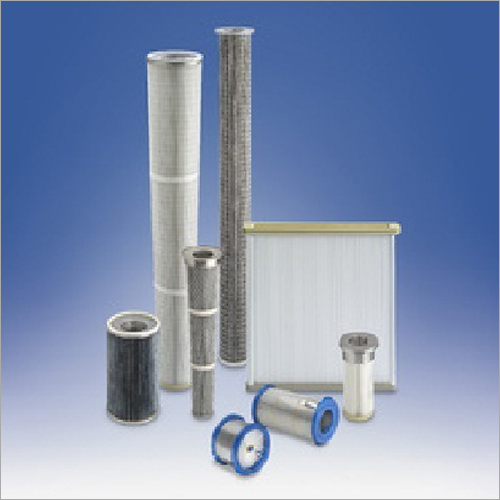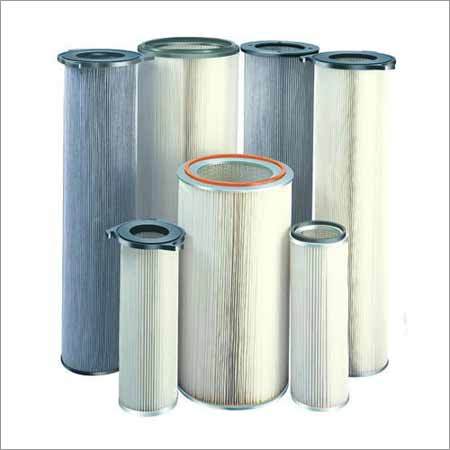GST : 24AADCR2517B1Z0

Food Grade Filter
Product Details:
X
Food Grade Filter Price And Quantity
- 5 Unit
Food Grade Filter Trade Information
- 35000 Unit Per Year
- 1-2 Week
Product Description
A food-grade filter refers to a type of filter that is safe and approved for use in food and beverage applications. These filters are designed to meet specific standards and regulations to ensure that they do not introduce harmful substances or contaminants into the food or beverage being processed.
Here are some key points regarding food-grade filters:
- Material Composition: Food-grade filters are typically made from materials that are safe for contact with food. Common materials include stainless steel, certain types of plastics, and other materials that meet food safety standards.
- Certifications: Filters used in the food industry often need to meet specific certifications and standards set by regulatory bodies. In the United States, for example, the Food and Drug Administration (FDA) sets regulations for materials that come into contact with food.
- Sanitary Design: Food-grade filters are designed with cleanliness and hygiene in mind. They often feature smooth surfaces and easy-to-clean designs to prevent the buildup of bacteria or other contaminants.
- Compatibility: These filters are compatible with food and beverage processing equipment. They may be used in various stages of food production, including filtration of liquids, removal of particles, and clarification processes.
- Resistance to Corrosion: Since food-grade filters are often exposed to liquids and cleaning agents, they are typically resistant to corrosion to maintain their structural integrity and prevent contamination.
- Temperature Resistance: Food-grade filters should be capable of withstanding the temperatures encountered in food and beverage processing without degrading or releasing harmful substances.
- Particle Size and Filtration Efficiency: The specifications of food-grade filters may vary based on the intended application. Some filters are designed to remove specific particle sizes or contaminants, and their efficiency is an important consideration.
- Intended Use: Food-grade filters are used in a variety of applications, including water filtration, beverage production, dairy processing, and more. The specific requirements for a filter may depend on the nature of the food or beverage being processed.
Tell us about your requirement

Price:
Quantity
Select Unit
- 50
- 100
- 200
- 250
- 500
- 1000+
Additional detail
Mobile number
Email





